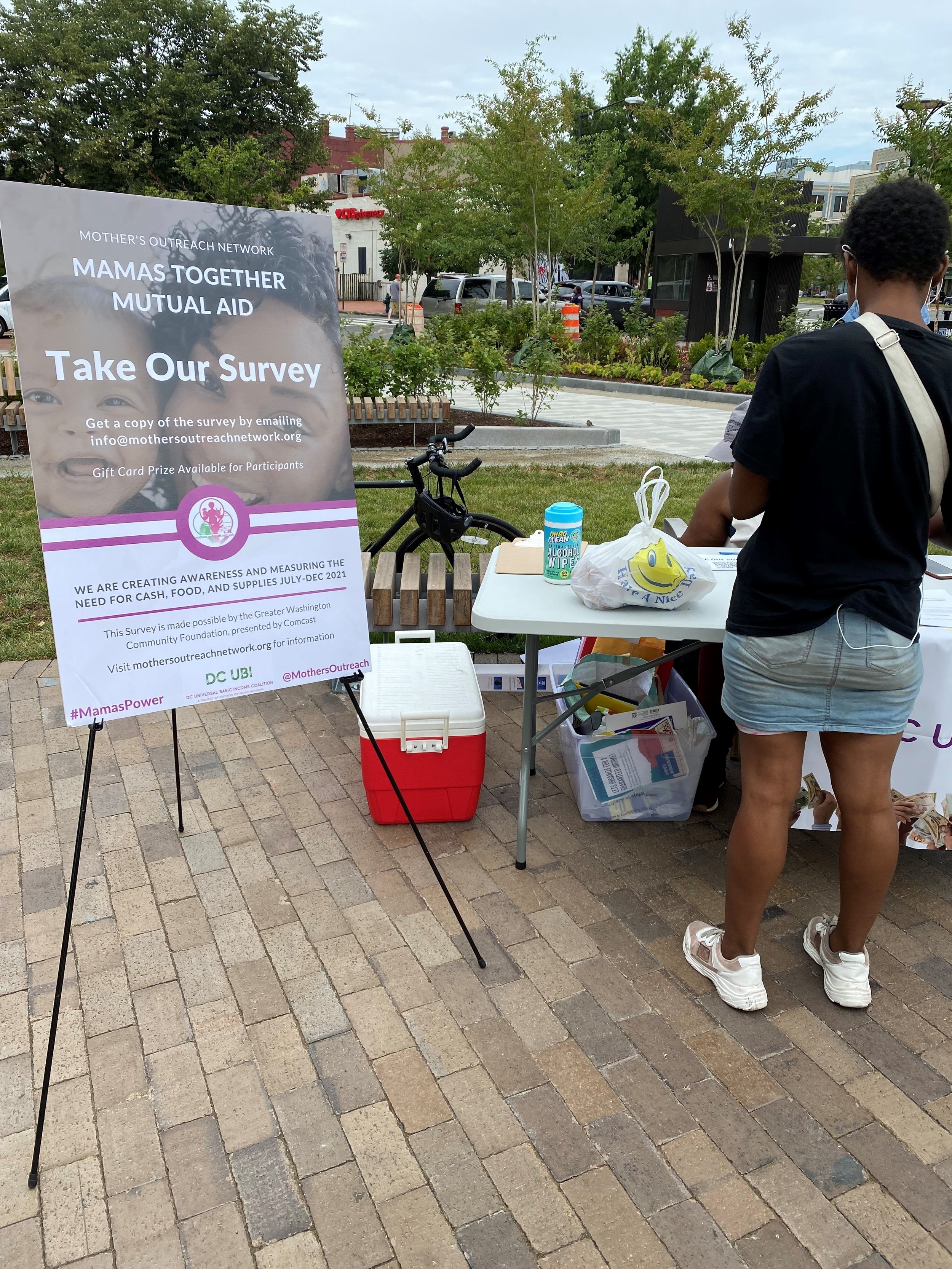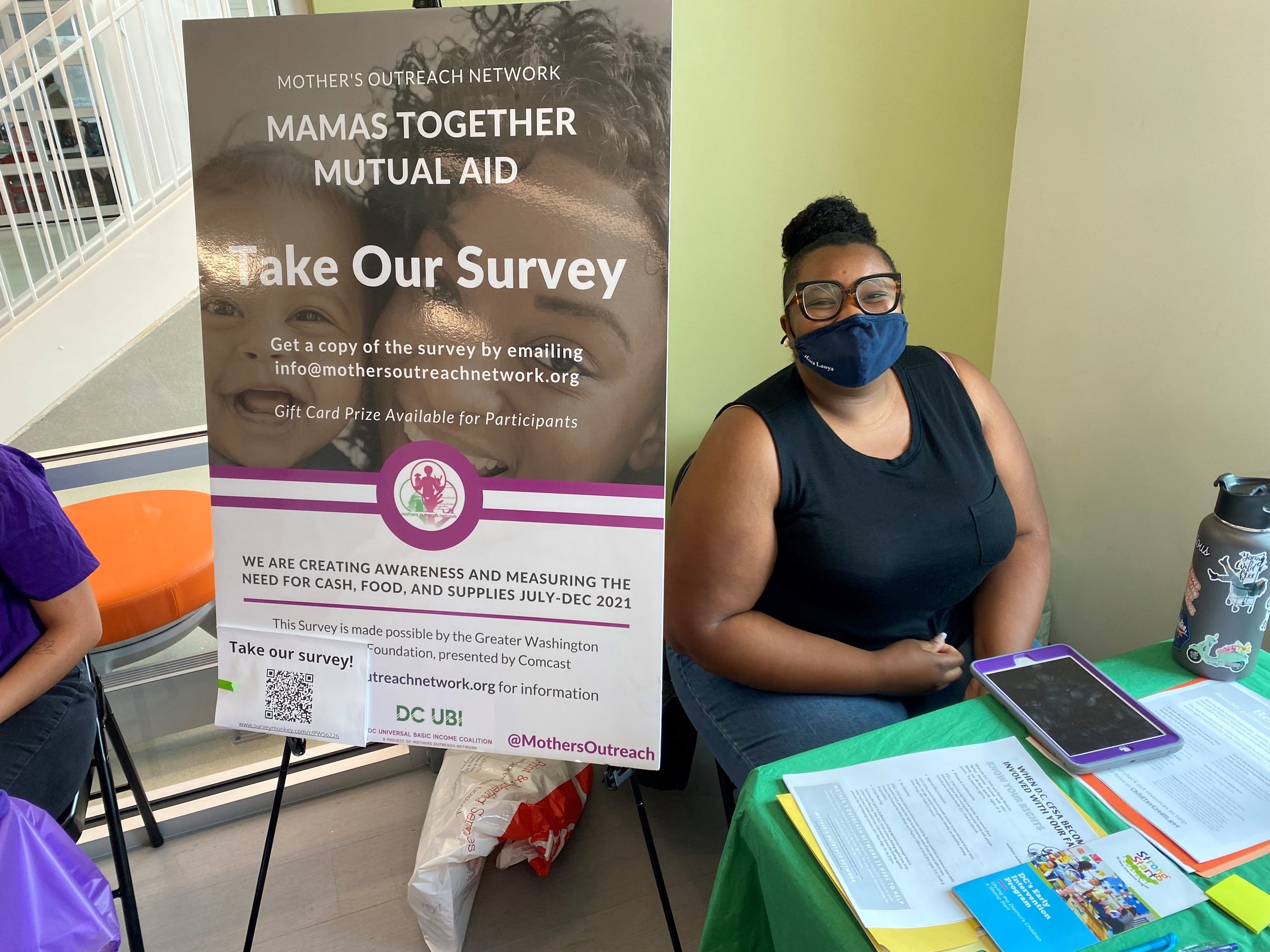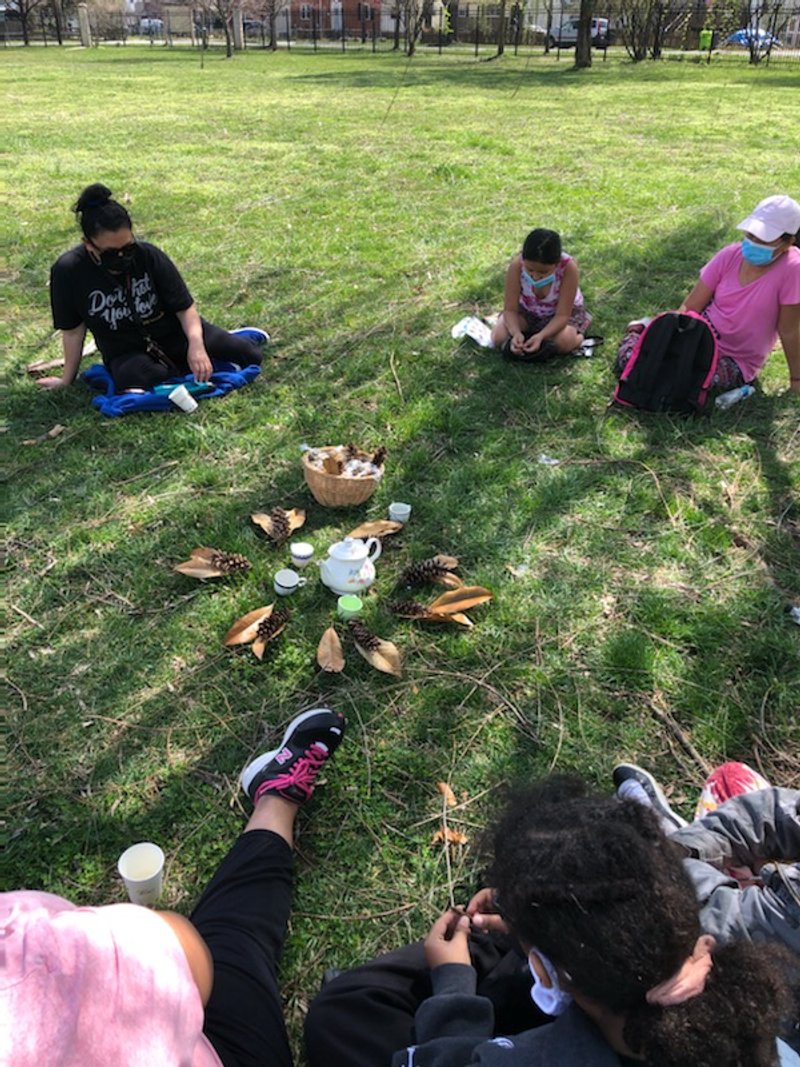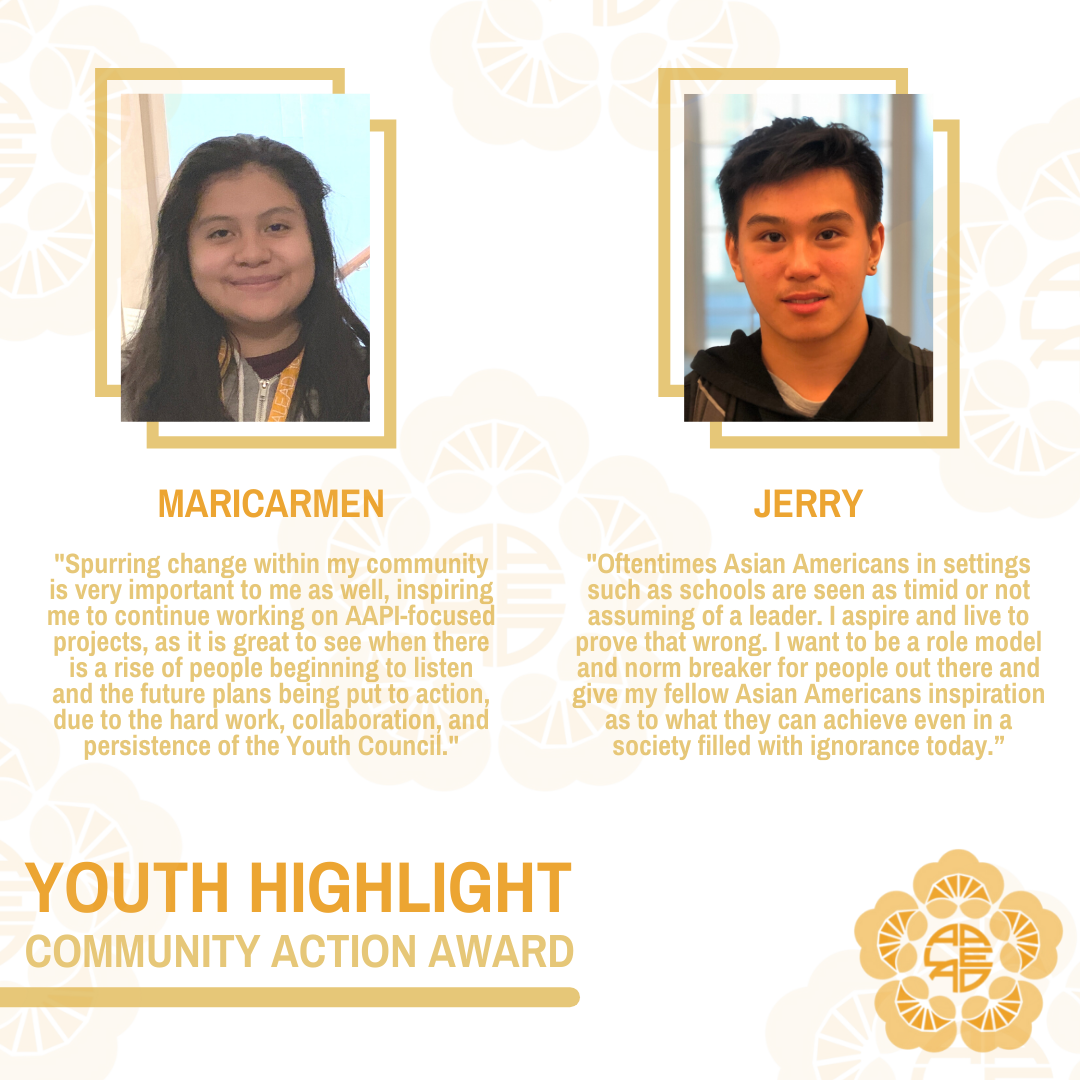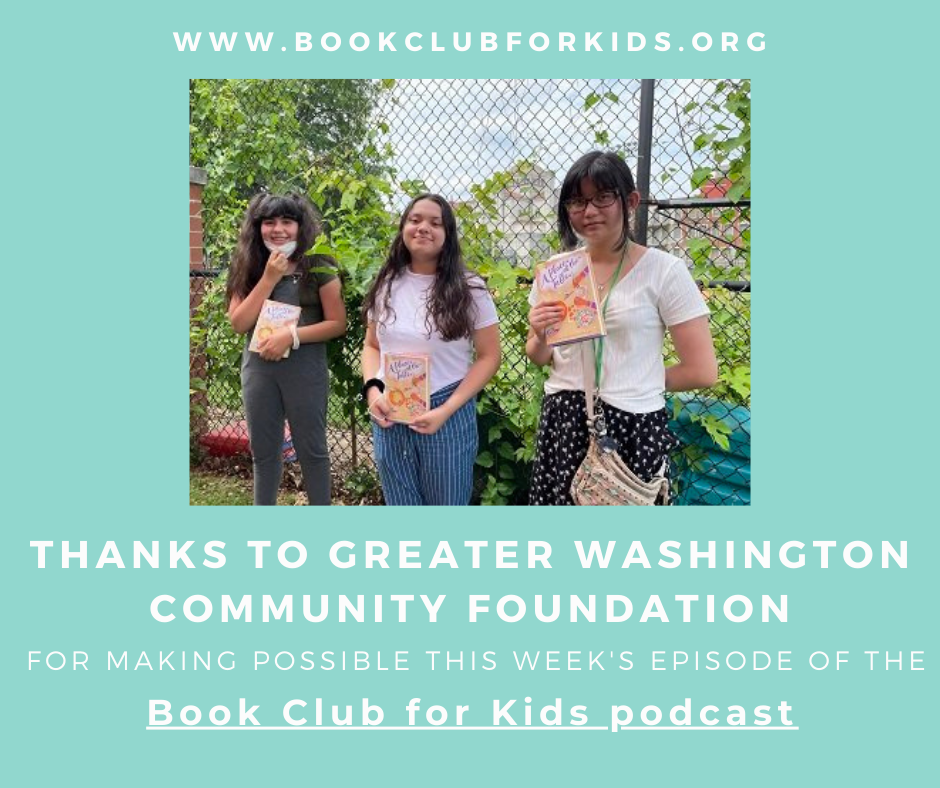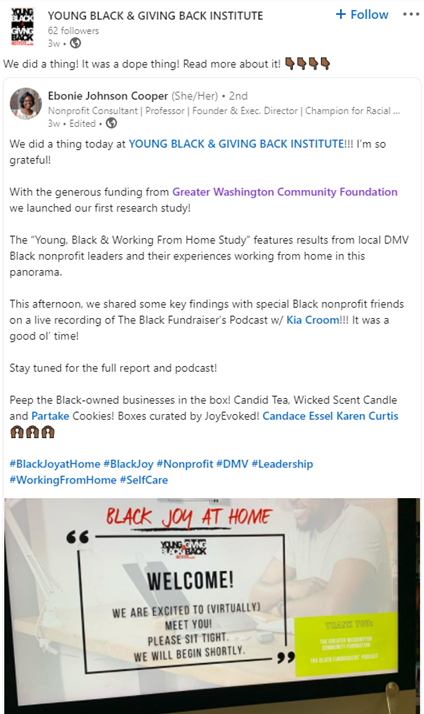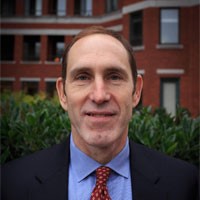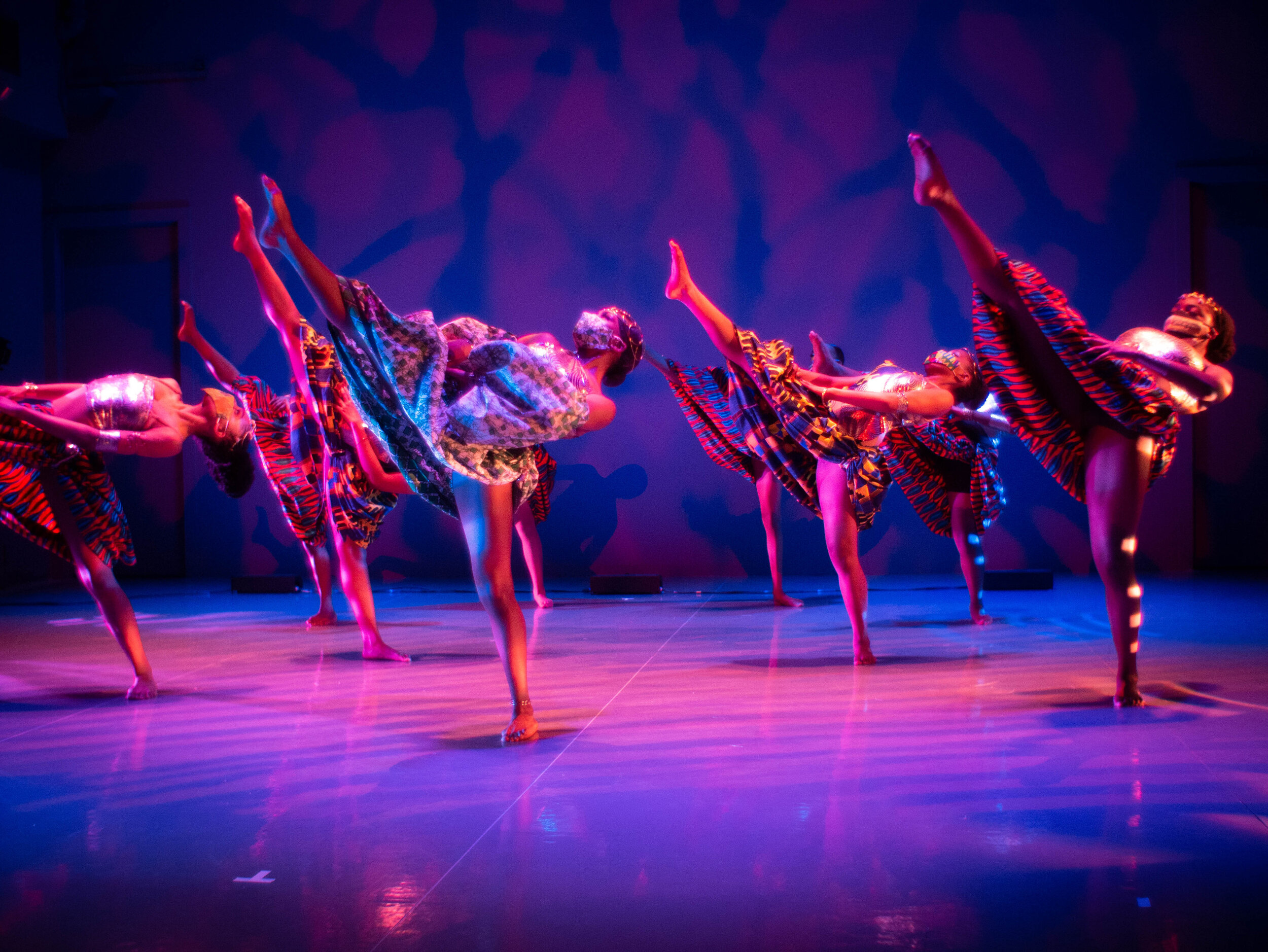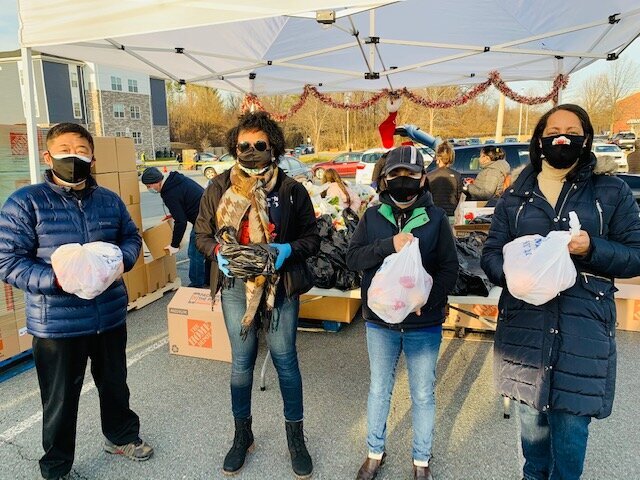By Benton Murphy, outgoing Senior Advisor for Impact
Earlier this year, the Community Foundation issued $100,000 in small grant awards to community partners across the region through our Community Action Awards. The Awards were provided to a cohort of 50 activists, artists, and advocates leading neighborhood-based projects that would spark change in their communities.
The Community Action Awards are part of our three-part VoicesDMV series, a powerful community engagement initiative launched in 2017 to explore our region’s most pressing challenges and opportunities. In 2020, VoicesDMV tapped into Community Insights through a regional survey and convened hundreds of residents from across the region to discuss ways to make our communities stronger through On The Table conversations.
While many of our Awardees are still working to finalize their programs, we are thrilled to share some highlights of some excellent programs that have taken place over the past year.
American University and EL Haynes Public Charter School received an award to support their Action Research for Community Change project. The project, sparked by a conversation that took place as a part of our On the Table day of dialogue in 2020, was an innovative and impactful partnership that paired AU college students and high schoolers at EL Haynes Public Charter School in conversations on race and equity. Students at both institutions participated in virtual classrooms together, co-learning and co-designing a community action research project. AU students developed a curriculum and guide for community action research. EL Haynes students conducted a bilingual survey of the student body with more than half of student responding. Based on student responses, the action researchers made a series of recommendations that yielded commitments from school leadership to hire a new social worker, offer two new elective courses focused on centering Black lives, and a commitment to using student surveys to inform future teacher professional development. What’s more—AU students developed a workbook on action research that the students can use in future years to continue to lift up student voices for change!
The Brem Foundation received an award to provide funding for its Wheels for Women program which helps connect women to breast care appointments. The District of Columbia has the highest death rate for breast cancer in the United States, and despite being diagnosed at the same rate, Black women have a 40% higher death rate from breast cancer than white women. Brem used funds to support 76 one-way rides for women to get to their breast care appointments, the majority of recipients were Black women. Brem also was able to use funds to expand from 8 to 9 community partners for rides, which will be useful for the many recipients who live very far from their health care provider.
IMPACT Silver Spring used its award to support its Sewing Academy for Latina Women. The Academy was the brainchild of IMPACT’s Women’s Empowerment Collective, composed mostly of parents of IMPACT’s youth programming or who became interested through direct outreach at local schools. The award funded the purchase of sewing machines and supplies, as well as compensation for experienced seamstresses who served as instructors in the program. Twenty women registered for the Academy over a six-month period. The women of the Academy both built their sewing skills as well as strong bonds and a new support network. Participants were also supported to participate in civic actions, including providing testimony at Montgomery County Council hearings on the importance of affordable vocational education. When the Academy students gathered with their family, friends, and IMPACT staff for their graduation in July they held a fashion show to showcase the students’ work, with one participant noting: “I made three dresses. I never thought I could do this. I’m making my dreams come true.”
This has been an especially meaningful program for me to take on as I wrap up a 17-year stint here at The Community Foundation to move on to other opportunities. Having led our inaugural Community Action Awards program, it is so wonderful to see how impactful these small-dollar grant awards can be. It is instructive for us as funders and individual donors that even a small gift can be meaningful for those who are striving to make the world a better place for everyone. I am hopeful that you will find our next crop of Awardees as inspiring as I have found this one!
View the Impact of Several Projects
Got You Covered Diaper Bag Project
Live It Learn It for Drew Elementary School
DC KinCare Alliance Relative Caregiver Community Board Outreach and Education Project
Zoom Pals, an intergenerational pilot project in a partnership between American University and Hyattsville Aging and Place


